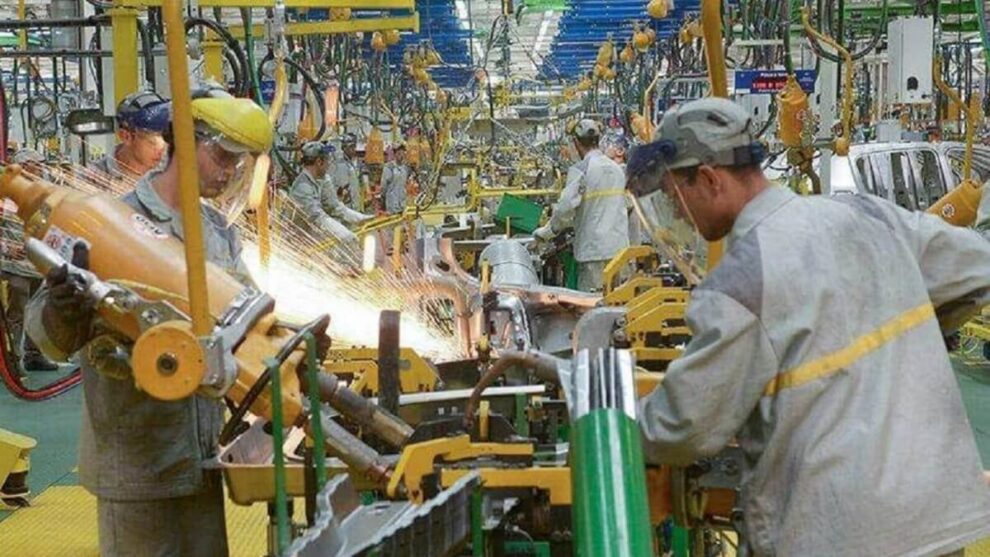The Kingdom raises its position in the world ranking as an outsourcing destination and is one of the seven countries that have improved its position the most this year
The 2023 edition of the GSLI (Kearney’s Global Services Location Index) ranking ranks Morocco as the second best outsourcing destination in Africa, fourth in the Middle East and North Africa (MENA) region and 28th worldwide, reports Le Matin.
The Kingdom thus climbs 12 places compared to the previous edition in 2021 and improves its global ranking as an outsourcing destination. This strengthens the North African country’s position as a regional outsourcing hub, but also raises its position at the international level, where India, China and Malaysia occupy the top three positions. On the other hand, in the MENA region – where the Kingdom ranks fourth – the United Arab Emirates ranks first.
Morocco is also one of the seven countries that have improved their ranking the most this year, along with Singapore, Japan, Hungary, the United Arab Emirates, Canada and South Korea. This improvement is due, according to the ranking’s authors, to “its cost competitiveness and multilingual workforce (English, French and Spanish), as well as a renewed emphasis on improving digital skills, which have enhanced the country’s vision for hosting technology-related business operations”.
Kearney’s Global Services Location Index also recalls in this context that “the government plans to invest millions of dollars in the outsourcing sector to generate around 5,000 new jobs by the end of 2026“. In this regard, it should be noted that last September two memoranda of understanding were signed between the Ministry of Digital Transition and Government Reform, the Ministry of Industry and Trade and two operators for the creation of 3,000 jobs by 2027 with an investment of 375 million DH.

This index ranked 78 countries according to 52 indicators this year, compared to 60 countries and 47 indicators in 2021. This ranking focuses on four weighted dimensions: financial attractiveness (cost of labour and infrastructure), soft skills and availability (quantity and quality of talent), the business environment (political, economic, regulatory and cultural aspects that affect the ease of doing business), as well as digital resonance (digital skills of the workforce and numerical results of business activity).
Source : Atalayar











